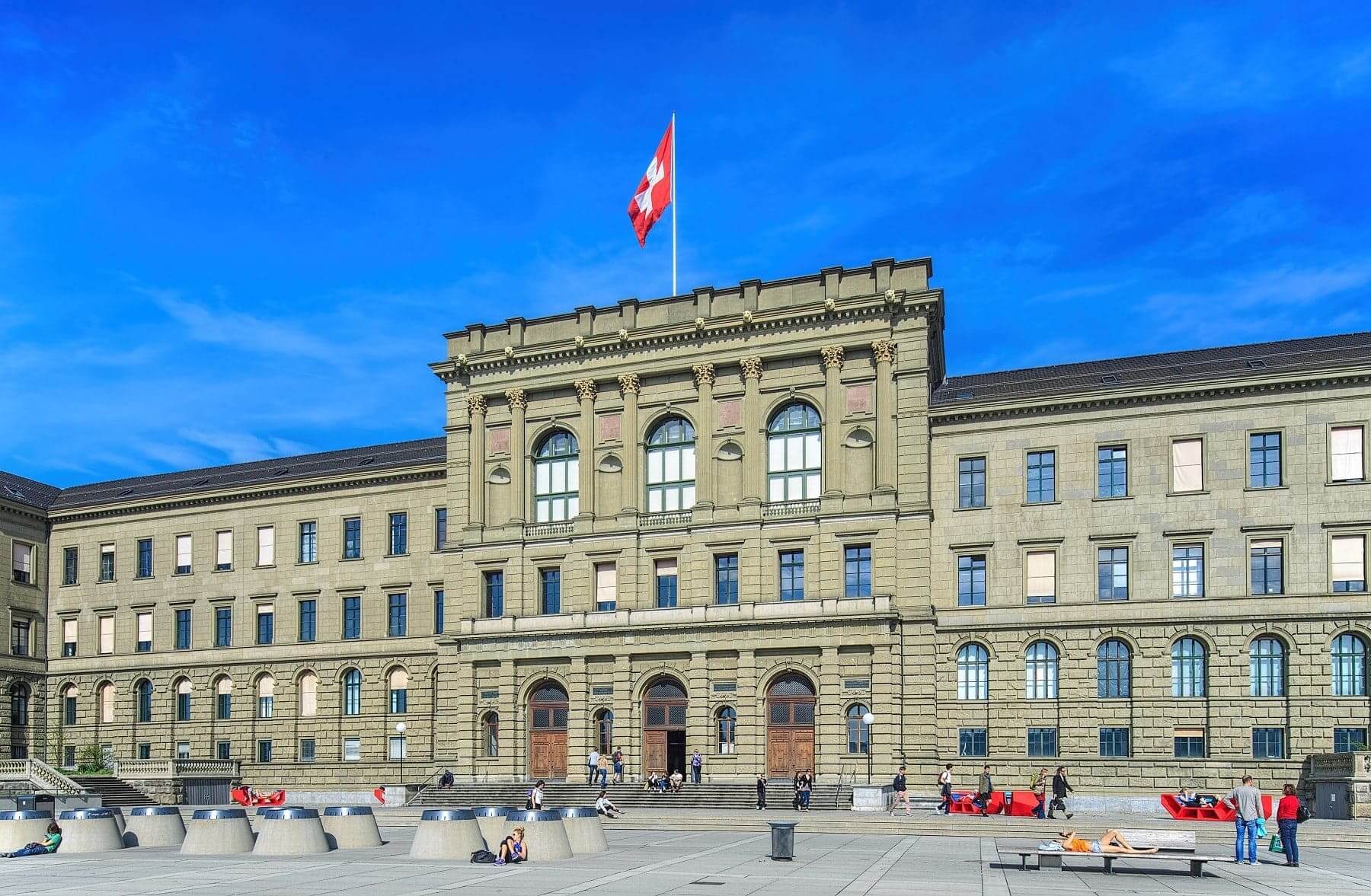UN SEJOUR D’ETUDES 100% SUR MESURE
Nous vous mettons en relation avec l’organisme le plus adapté à vos besoins
Higher education system in Switzerland
As a member of the Bologna Process, Swiss higher education (also known as the "tertiary level") is considered to be excellent. For your studies in Switzerland, you can choose between two main categories:
- The category of universities: such as federal institutes of technology, cantonal universities, universities of applied sciences
- The category of higher vocational education and training: it is characterized by a wide range of private institutions preparing for the federal diploma/diploma
The cosmopolitan character of the country is also reflected in its higher education: it is multilingual (French, English, German, Italian). Switzerland welcomes many students from abroad every year.
The top 7 schools/universities in Switzerland according to the Academic Ranking of World Universities 2015 by the University of Shanghai :
- Swiss Federal Institute of Technology Zurich
- Zurich University
- Geneva University
- Basel University
- Swiss Federal Institute of Technology Lausanne
- University of Bern
- Lausanne University

Admission requirements for studying in Switzerland Each institution in Switzerland sets its own admission system. As an example :
- The Federal Institutes of Technology and universities often require a baccalaureate and a minimum grade point average
- To study at a university of applied sciences, you have to go through pre-selection, written tests and even interviews.
In short, you need to find out in advance from your future institution about admission procedures and requirements.
Learning in Switzerland
Once in Switzerland, you have the opportunity to improve your language skills at your university. Otherwise, we offer you some useful links below to learn English, Italian or German:
Scholarships offered to study in Switzerland
Swiss scholarships are only awarded to foreign artists and students wishing to pursue a doctoral or post-doctoral degree.
To benefit from a scholarship to study in Switzerland, we recommend that you turn to the French mobility scholarships: obviously those of the Centre Régional des Œuvres Universitaires et Scolaires (CROUS) if you are already a scholarship holder.
Some examples of registration fees
Registration fees Between 1,000 and 8,000 Swiss francs (around €919.89 - €7,357.76)
Jobs & Internships
Labour market in Switzerland
High salaries and flexible working conditions are the keywords of life in a Swiss company. The Swiss job market offers great opportunities, especially for locals. The unemployment rate is higher among foreigners (6.2%) than among Swiss nationals (2.2%). However, this rate is still very low when compared with its European counterparts. In order to be able to get a job and work in Switzerland, it is advisable to target high-potential sectors, which are :
- The medical sector
- The watch industry
- The chemical and pharmaceutical industry
- Information Technology
- The agri-food industry
- Consulting
Remuneration and regulation in Switzerland
There is no minimum wage in Switzerland. The wages applied vary according to skills and sectors, and are, moreover, very high: on average CHF 7,690 gross per month, or the equivalent of € 7,364.72. Generally speaking, this is 40 hours of work per five-day week.
Some examples of salaries in Switzerland
- Average gross monthly salary in Switzerland : 6,210 Swiss francs on average (5 711,71 €)
- Average gross monthly salary for executives : 4 825 - 12 302 Swiss francs on average (4 437,84 € - 11 316,48 €)
- Average Gross Monthly Salary for Executives : 11 830 Swiss francs (10 882,29 €)
- Average Gross Monthly Salary for Middle Management : 9 150 Swiss francs (8 417,36 €)
- Average Gross Monthly Salary for Lowest Skilled Positions : 3 559 – 6 217 Swiss francs (3 273,94 - 5 718,87 €)
* Figures for 2015
Internships in Switzerland
Students from the EU or EFTA do not need a work visa for an internship in Zurich. However, you must be between 18 and 30 years of age and have completed at least 2 years of training relevant to the area of your internship.
For internships longer than 90 days, you will need a residence permit for the duration of your internship.
Beyond 4 months, the procedure is the same, you will obtain an "L permit" valid for up to one year.
Many European mobility programmes enable young students to find good internship opportunities abroad, in particular :
Namely: the employer is not obliged to grant you a monthly salary, however, he is obliged to take out insurance. In addition, you have the possibility to negotiate benefits in kind (we mean lunches, transport, etc.).
Quelques sites pour trouver un stage en Suisse
Student jobs in Switzerland
Students coming from the C.E./A.E.L.E. are entitled to a work permit and to work for a maximum of 15 hours per week during the course periods. During the three months of vacation, they are entitled to a full-time job.
 OUI
OUI
 NON
NON








 Merci
Merci